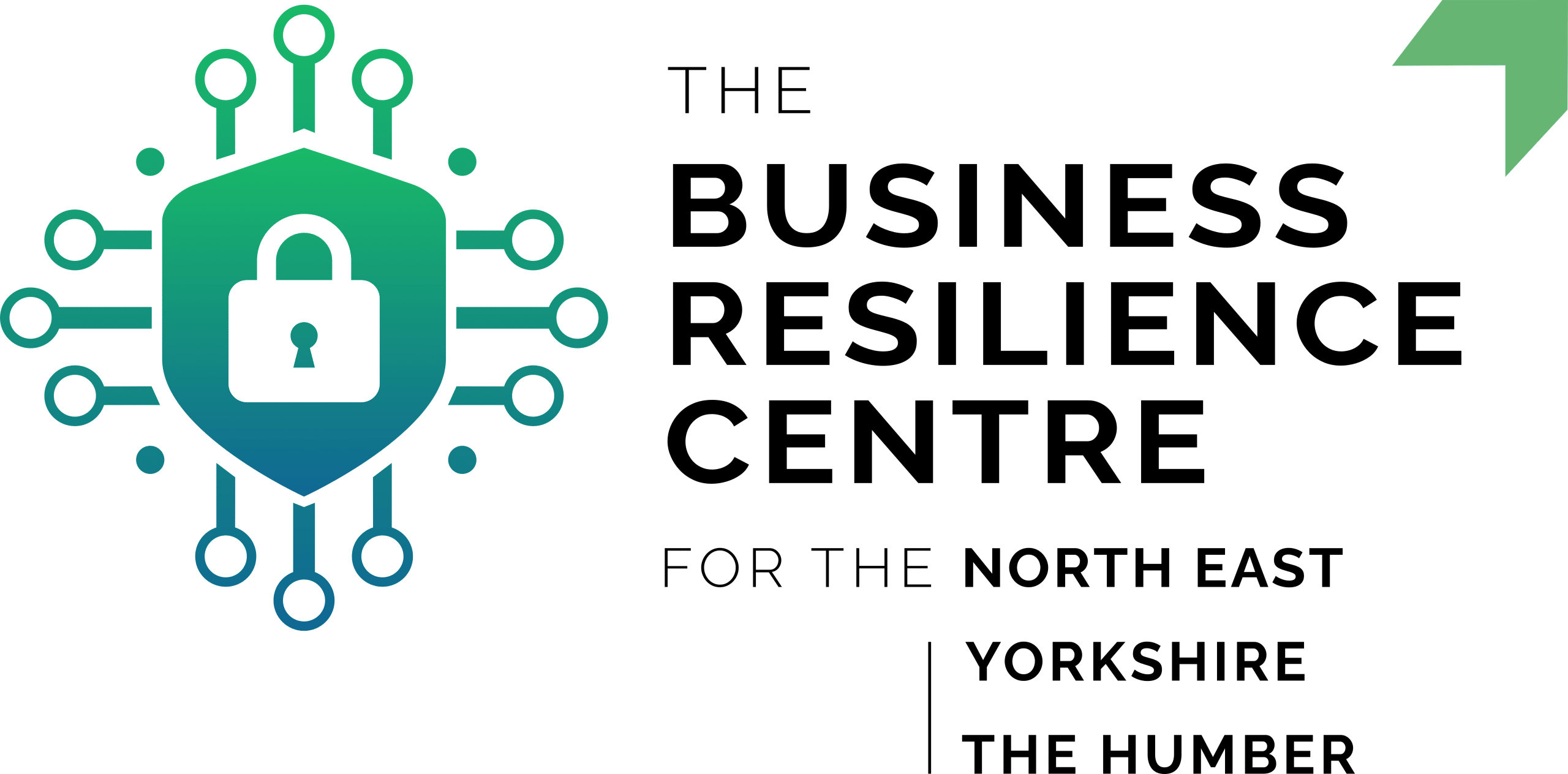An increasing rise in online hacking has led to calls for better password management. The use of strong and safe passwords is essential to help protect yourself and your business online.
Recent research by NetVoucherCodes.co.uk has revealed that over two billion passwords were leaked in 2021 – with nearly two-thirds of people using the same passwords across multiple accounts.
To help ensure good password management the team at NetVoucherCodes.co.uk have put together the following guide to help keep online information and accounts safe.
Rule number 1- Don’t use the same passwords for each account. If a hacker cracks one password for one account, they’ll have full access to your information and potentially bank details.
Rule number 2 – Don’t use your mother’s maiden name. Most bank settings have extra security questions to protect your account and one of them is typically “What is your mother’s maiden name?” – this means even if hackers can’t get the password right but they know the answer, they may be able to access your funds.
Rule number 3 – Don’t use your street name. It’s very easy for hackers to guess a password if you use a home address, especially when you’re signing up for all sorts of online subscriptions.
Rule number 4 – Don’t use your pet name. A pet’s name is also a commonly used security question for banking along with your mother’s maiden name, so make sure not to include any mention of your pets in the code.
Rule number 5 – Never use “Password”. Never ever use “Password” “Password!” or even “Password1” as it’s the first step online criminals will test out, particularly if they think you’re less tech-savvy.
Rule number 6 – Don’t put 1 after a name. If you’ve changed your password after noticing an unusual attempt to log into your account, don’t just simply pop a “1” after your password. It’s an obvious change for hackers to guess.
Rule number 7 – Surnames. Avoid using your surname in any passcode or any mention of it even with special characters afterwards. Again, it’s easy for hackers to predict.
Rule number 8 – Obvious patterns like 1234. Having “1234” in the password is an easy code to crack, so be unique when using numbers or special characters.
Rue number 9 – All caps. Having caps in a password strengthens its protection against scammers, but simply having all of it in caps makes it weaker. Be savvy with capital letters by using them on random letters rather than all of them.
By keeping vigilant you can reduce the risk of you or your business falling victim to online crime. For further guidance drop us an email on [email protected].
Sign up for our free core membership to stay up to date with the latest cyber security updates and gain access to a wealth of handy resources.
The NEBRC is an independent, police-led not-for-profit organisation that seeks to educate, inform, and support businesses in the North East, Yorkshire and The Humber regions on how to protect themselves from online crime and fraud through good cyber security practices.

